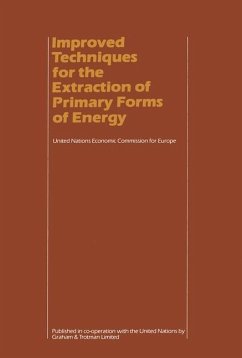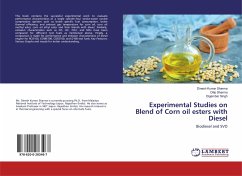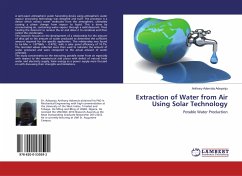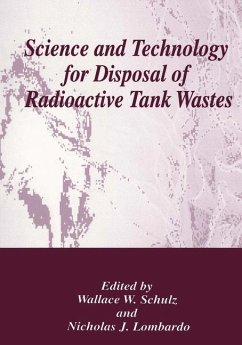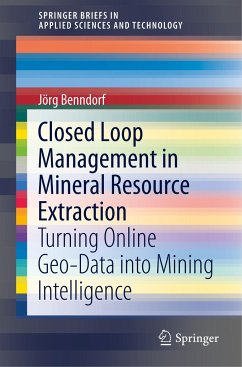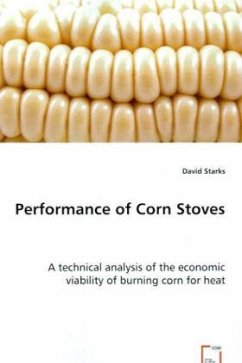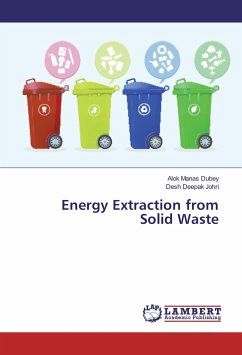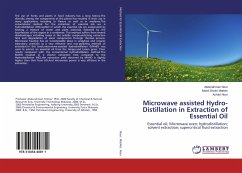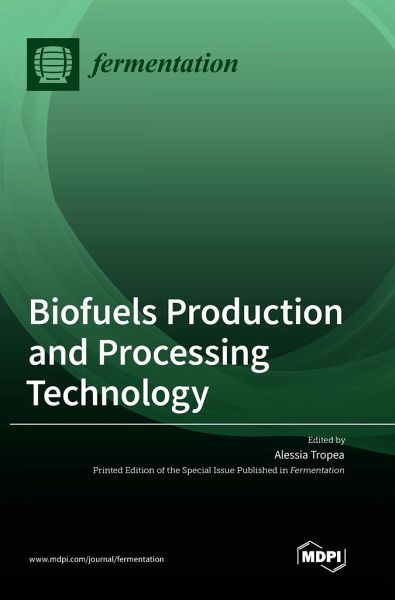
Biofuels Production and Processing Technology
Versandkostenfrei!
Versandfertig in 1-2 Wochen
80,99 €
inkl. MwSt.

PAYBACK Punkte
40 °P sammeln!
The negative impacts of global warming and global environmental pollution due to fossil fuels mean that the main challenge of modern society is finding alternatives to conventional fuels. In this scenario, biofuels derived from renewable biomass represent the most promising renewable energy sources. Depending on the biomass used by the fermentation technologies, it is possible to obtain first-generation biofuels produced from food crops, second-generation biofuels produced from non-food feedstock, mainly starting from renewable lignocellulosic biomasses, and third-generation biofuels, represen...
The negative impacts of global warming and global environmental pollution due to fossil fuels mean that the main challenge of modern society is finding alternatives to conventional fuels. In this scenario, biofuels derived from renewable biomass represent the most promising renewable energy sources. Depending on the biomass used by the fermentation technologies, it is possible to obtain first-generation biofuels produced from food crops, second-generation biofuels produced from non-food feedstock, mainly starting from renewable lignocellulosic biomasses, and third-generation biofuels, represented by algae or food waste biomass. Although biofuels appear to be the closest alternative to fossil fuels, it is necessary for them to be produced in competitive quantities and costs, requiring both improvements to production technologies and the diversification of feedstock. This Special Issue is focused on technological innovations, including the utilization of different feedstocks, with a particular focus on biethanol production from food waste; different biomass pretreatments; fermentation strategies, such as simultaneous saccharification and fermentation (SSF) or separate hydrolysis and fermentation (SHF); different applied microorganisms used as a monoculture or co-culture; and different setups for biofuel fermentation processes. The manuscripts collected represent a great opportunity for adding new knowledge to the scientific community as well as industry.



